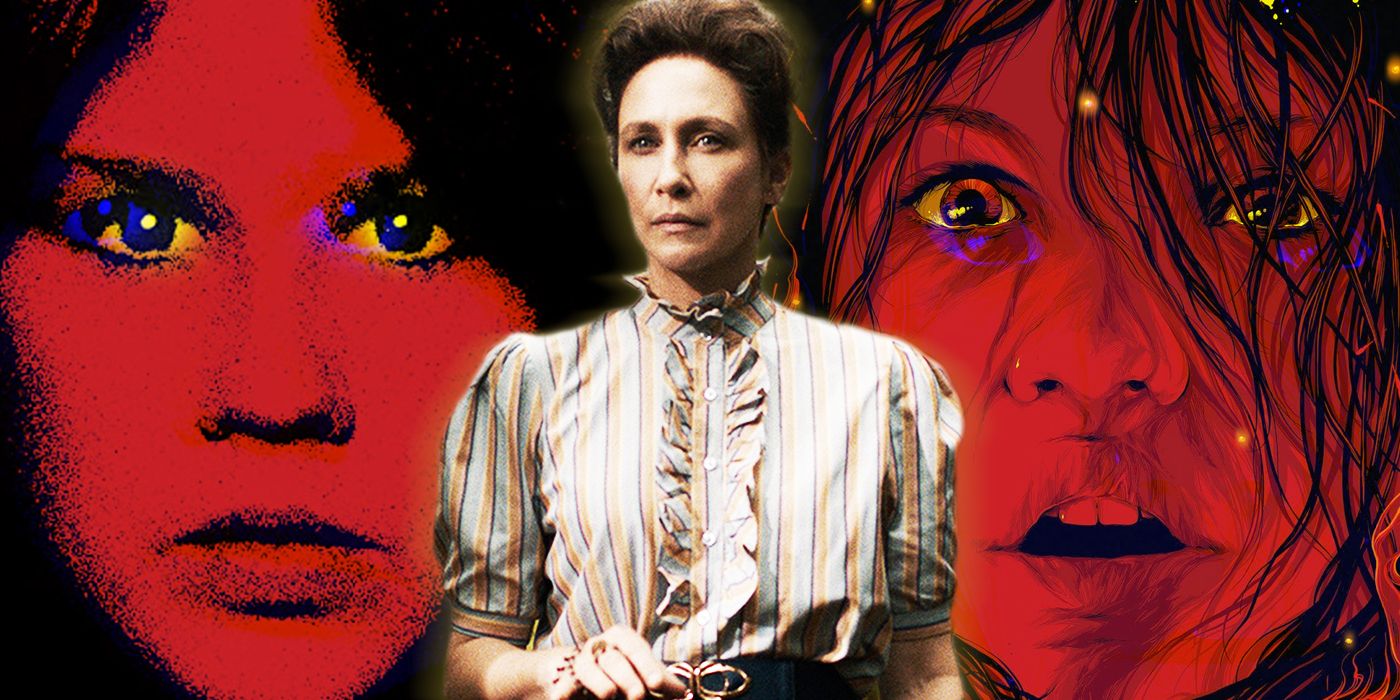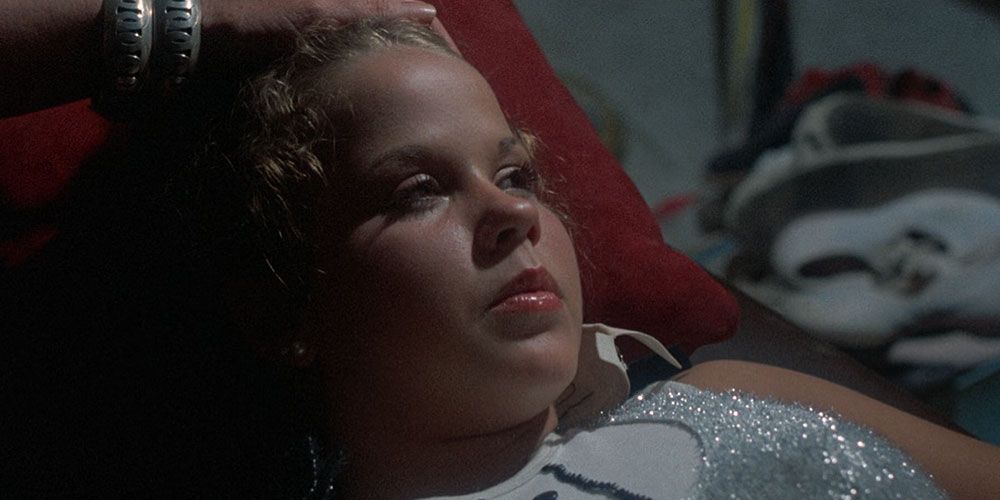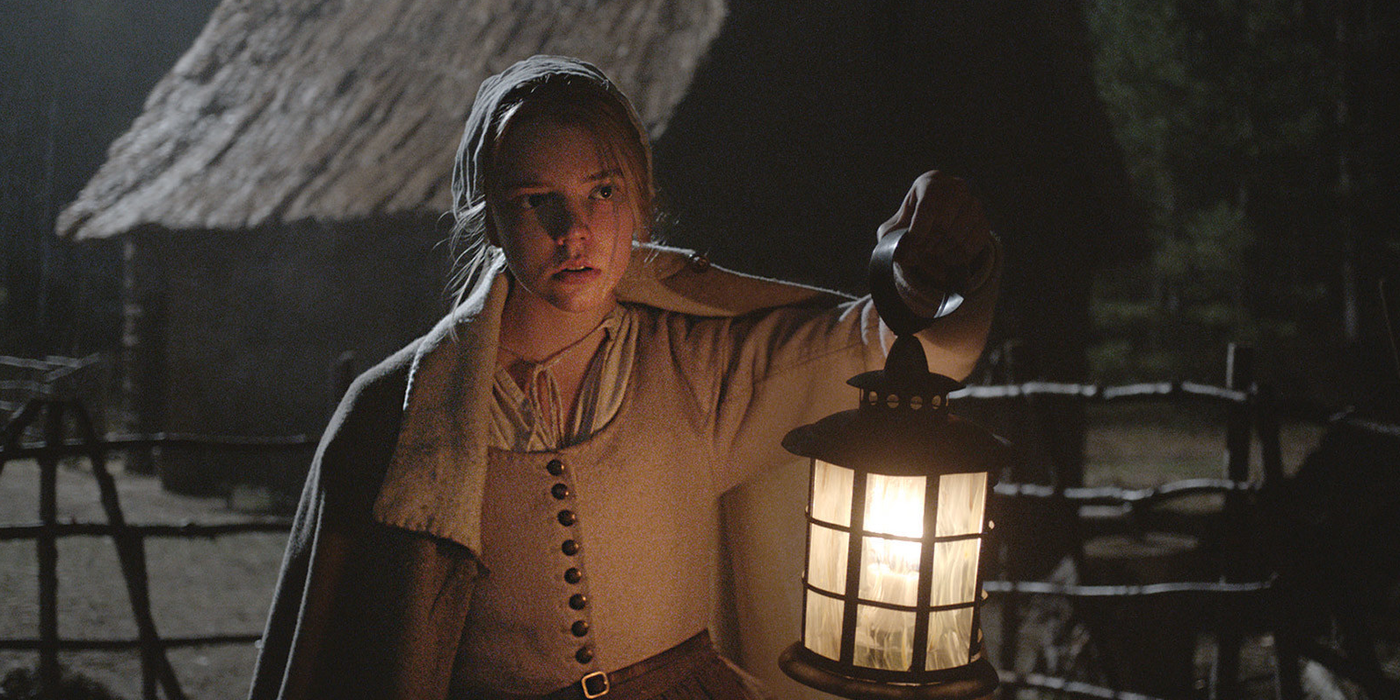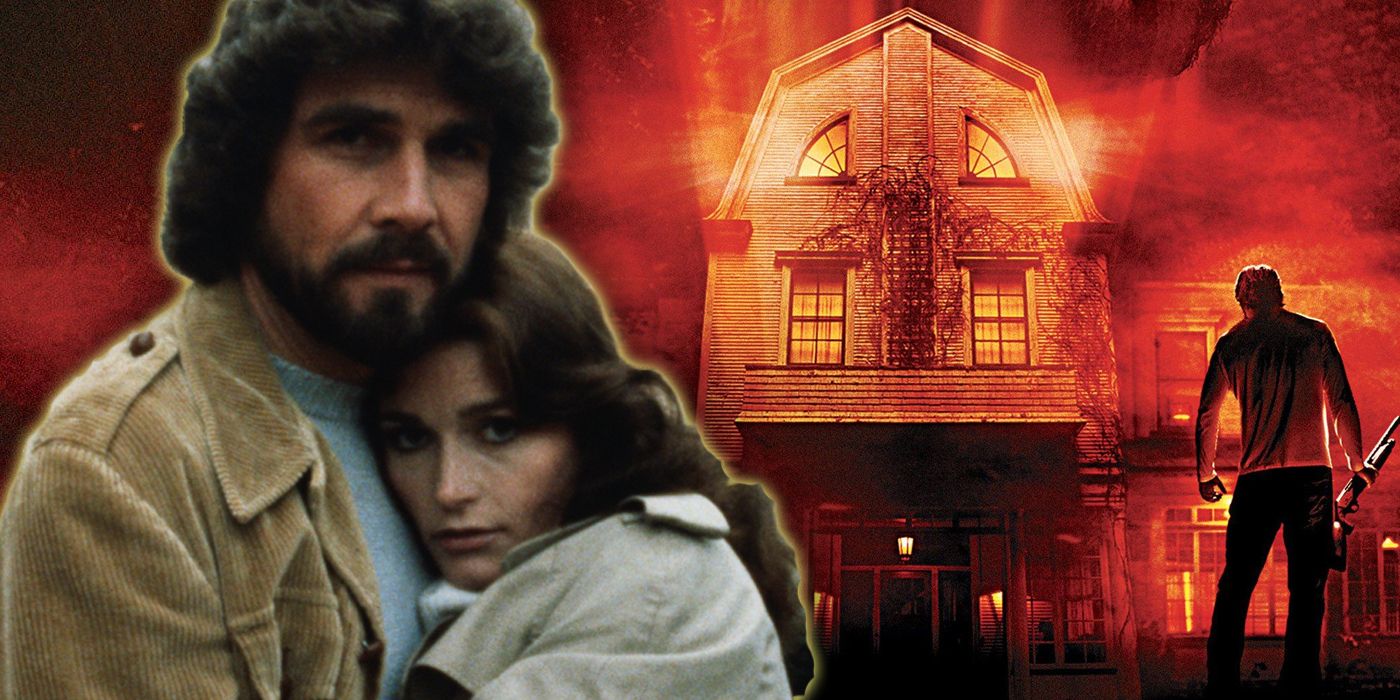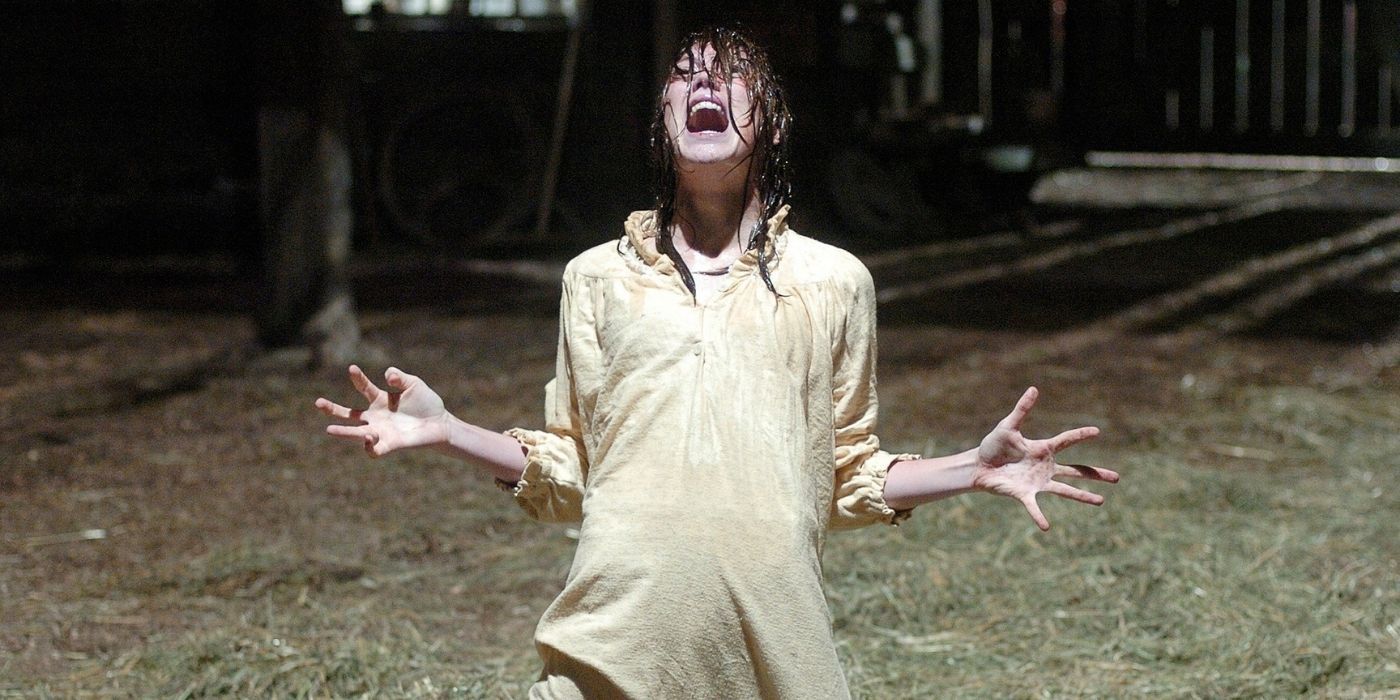The Conjuring: The Devil Made Me Do It is enveloped with classic themes of demon-based horror akin to the franchise's first two films. However, the latest case of Ed and Lorraine Warren also focuses on courtroom drama. By harboring the famous paranormal investigators within the real-life murder trial of Arne Cheyenne Johnson -- a man who claimed to have killed under the influence of demonic possession -- director Michael Chaves introduces a psychological approach to the supernatural. Here are some movies that share similar themes, character traits and plot lines as the Warrens' latest outing.
Exorcist II: The Heretic
Although critically panned, John Boorman's sequel to The Exorcist introduces unique ideas regarding the investigation of Father Merrin's death. Taking place four years after the 1973 original, Exorcist II reintroduces Linda Blair as Regan MacNeil, having remembered none of the events of her own exorcism -- leading to her being heavily examined for most of the film. Additionally, the sequel ushers in new characters -- priests and Cardinals alike -- who were not present to witness the exorcism of the first film, leading to a quest for truth. Kindred to The Conjuring 3, much of the Exorcist II's strengths lie within the theological debates regarding the existence of the devil.
The Devil's Candy
This superbly underrated horror gem from 2015 could be considered a heavy metal sibling to The Amityville Horror. Director Sean Byrne presents the small world of the countryside, focusing on two contrasting figures who have lived in the same unsettling house. One is a disturbed individual that hears voices, and the other is a loving father/husband who practices art. The two characters clash at the heels of an evil presence that lurks over the home. It haunts them both in different ways, leading to a violent, murderous showdown with a Flying V guitar. The film's deserted atmosphere alone is eerie enough, but the demonic voices inspiring murder is what keeps the mood Warren-friendly.
The Serpent and the Rainbow
Akin to The Devil Made Me Do It, Wes Craven's 1988 cult classic begins with an unexpected death. The victim -- a Haitian man named Christophe -- is found mysteriously dead but then discovered living several years later. By plunging an anthropologist -- played by Bill Pullman -- into the underworld of Haiti, Craven's wacky film utilizes the mystery of voodoo to unravel the lead investigator of its horrific plot. Under Haitian hallucinations and worldly experimentations, Pullman's character is, like the characters in The Conjuring 3, on a quest for truth to the bizarre and the unexplained.
The Devil's Advocate
While not horror in the jump-scare sense, director Taylor Hackford's courtroom characters explore plenty of hell in their own terrifying trials. Between a lawyer (Keanu Reeves) doing the tango with the devil himself (Al Pacino), The Devil's Advocate plays with the psychological horror of temptation leading to a fiery end. Though not quite dabbling with demonic possession, the film sparks endless debate between its two leads regarding the moralities of man and the decisions that lead down dark paths. Hackford's metaphorical law firm of a movie -- akin with the Warrens' courtroom catastrophe -- is unafraid to wrap its characters in a dark web of uncertainty regarding their hellish reality.
The Witch
Robert Eggers' critically acclaimed period folk tale surrounds the notion of demonic possession as completely ambiguous -- until a point. Set in 1600s New England, The Witch follows Thomasin -- in a breakout performance from Anya Taylor-Joy -- and her religious family after being banished from a Puritan colony to live isolated on a farm swallowed by the darkness of the woods. Basking itself completely in a moody atmosphere, the slow pacing of Eggers' debut is tonally opposite of nearly any entry in the Conjuring franchise. Yet the similarities to The Devil Made Me Do It -- in the film being less about the demonic possession and more about the accusation -- are uncanny.
The Amityville Horror
Based on the true story so terrifying that it became the Warrens' most famous case, the classic 1979 film presented a demonic motive to the horror genre in ways that movies had never explored before. Adapted from the book, The Amityville Horror tells the tale of the Lutz family moving into a rural Long Island home that has been recently vacated due to the man living there having murdered his family with a shotgun in 1974. With urban myth surrounding these killings being inspired by possession, the notion of a haunted house is given entirely new meaning. Director Stuart Rosenberg exploits supernatural terrors to put the Lutz family through hell as history attempts to repeat itself, inspiring haunted house flicks for generations to come.
The Exorcism of Emily Rose
Perhaps the closest to The Devil Made Me Do It's plot, director Scott Derrickson's 2005 horror flick largely plays as a courtroom drama following the events of a supposed exorcism. Loosely based on the real-life tragedy of Anneliese Michel, Emily Rose surrounds a trial regarding a priest charged with negligent homicide after letting a 19-year-old girl die while being tormented by what the clergy believed to be demonic possession. By setting the courtroom debates in the present juxtaposed with flashbacks to the girl's exorcism in the past, Derrickson explores different points of view regarding Emily's death. The suspense alone gained a resurgence of modern-day exorcism-related horror films, which arguably paved the way for The Conjuring.

